

“Clowns” is a worthy candidate for the archetypal Sondheim song, quirky, irregular, conversational, not a typical love song or even a regret song in anyone else’s style; entirely in Steve’s style. The short phrases, designed (he said) to suit Glynis Johns’s shortness of breath, the perfect (of course) rhymes, all on ordinary one- or two-syllable words, the proper, non-slang use of “queer,” that most loaded word in America in 1973, applied in a graceful, unemphatic way. And a phrase for the title that was not a cliché at all, at the time, but in the mouth of the character, an aging actress, possessed a theatrical propriety.
It didn’t puzzle Steve that it was that one that hit; it puzzled him (so he said, but there are always layers beneath such statements) that there were no others. But let’s puzzle (if you will) that conviction. If he meant, universally known, blaring from every jukebox in the nation, jazzed up or danced to, and disco’d at the gym, number one on the Hit Parade—well, there ain’t no more Hit Parade, Steve, and you know it. Folks in Dubuque and Tulsa don’t listen to Broadway tunes on their car radios on all night hauls. The Hit Parade is dead as the dodo. That’s been true of Broadway at least since Hair, which is to say, just before Company and Follies set you out on your Via Triumphalis. Hitless? Oh, I think not.
It must have hurt his amour propre (gangrened and bleeding though it had been for decades) when Aretha Franklin and Tony Bennett offered a birthday tribute to Steve on the Tony’s and honestly couldn’t think of any tune of his to sing; they fell back on West Side Story. I mean, really, Aretha? That’s it?
Because it’s not just theater mavens who know “Comedy Tonight” and “I’m Still Here” and “Broadway Baby” and “Losing My Mind” and “Not While I’m Around” (an anthem of the AIDS epidemic) and “Ladies Who Lunch” and “Anyone Can Whistle” and “I Never Do Anything Twice.” Everyone who sings, or who goes to hear those who sing, knows these songs. There are fifty pop versions of each one. They may not know “What More Do I Need” or “Too Many Mornings” or “The Road You Didn’t Take” or “Unworthy of Your Love”—and I feel sorry for them that do not—and envious, because now they can seek them out.
But, Steve, as I often tell him (he’s not here, but that doesn’t stop me), you lack the common touch. You could have learned it, but that’s not what you wanted Oscar Hammerstein or Milton Babbitt to teach you. You felt the musical audience should learn to understand you. They came to the theater to be entertained and enlightened, and you felt they should study and ponder. It takes some of us a little time. And there are holdouts. And you feel, just because no one held out against Dick Rodgers or Gershwin or Irving Berlin, no one should hold out against you.
Here’s an example: the quodlibet. Quodlibets are two (or more) songs meant to be sung in isolation (at first) and then “against” each other, so that they blend into a charming new thing. Berlin, musically untrained, could toss them off. Meredith Willson was good at them (“Lida Rose”). Jerry Bock composed “Tradition,” his spoof of the Kermesse in Faust, with four melodies, intending them to be reprised all at once, indicating the muddle of life in mid-shtetl—but many a Fiddler company doesn’t risk the reprise (in the film, notably) because it’s too much work for the chorus. Marvin Hamlisch created great quodlibet with “Singular Sensation” in A Chorus Line.
Steve did lots of them—because he could. “Ah, Paree,” “Broadway Baby” and “Rain on the Roof” in Follies—another one where some companies don’t risk the reprise because the singers may not be able to manage it. There’s “Now,” “Soon” and “Later” in Little Night Music, exposition of three characters to begin the story, an unforced jewel. And “Please, Hello!”, the quintet of foreign admirals, each singing in his “native” style and orchestration, in Pacific Overtures. And “You’re Gonna Love Tomorrow,” the parallel duet of the two young couples in Follies, pastiche Berlin, as Steve readily admitted.
All these numbers are brilliantly designed—but compare any one of them with, say, “You’re Just in Love” from Call Me, Madam. Merman, when Irving first played it for her, said, “They’re never gonna let us go home!” She was right. Everybody loved it, and everybody could hum both tunes before they left the theater. But the melodies in Steve’s quodlibets are seldom memorable. Few of them are pleasing tunes by themselves (“Broadway Baby” is a standard, dammit!) and they do not become charming when performed in sync. They have all the charm of counterpoint exercises written out on a page.
That’s the problem in a nutshell. Beautiful as so many of his songs may be (“Too Many Mornings” knocks me out; so do “There Won’t Be Trumpets” and “Someone In a Tree” and “Giants in the Sky” and “Not a Day Goes By”), and shatteringly effective as are so many of his theatrical set pieces (“Weekend in the Country,” “Four Black Dragons,” “A Little Priest,” “Our Time,” “Putting It TOgether”—and the magic of the painting appearing to us out of the mists of the plot at the end of Act I in Sunday in the Park—the good feeling doesn’t endure. The characters are too brittle to be loved, their yearnings shared.
Steve unsettles. The melodies and the stories unsettle. (Passion? Assassins?) No one goes home with warm feelies about his characters—we might even be glad they’re dead. At worst—well, the Baker’s Wife was the one we loved in Into the Woods, she has a heart and she’s dead instead of the heartless princes. Weisman’s is demolished. Japan is in ruins. Cora’s town is bankrupt. The United States of Assassins—well, let’s not go there. (We are there.)
But the shows are so, well, theatrical, that, however jarring at first exposure, it doesn’t matter to the theater mavens, if no one hums the songs. The wordplay is choice and unexpected, the melodic turns and misturns become more familiar every day because so many young songwriters learn from them, and so many young singers yearn to tackle them. They are now permanent features of the landscape.
Steve’s great subject was the price of getting what you want, the selling of your soul. In almost every one of his shows, a principal character has to give something up to achieve life’s ambition. Bobby/Bobbie has to give up the liberty of solitude, to let people inside, where they can hurt him (or, in Company’s latest incarnation, her). Fredrik must give up young love. Sweeney gives up everything for a pointless revenge. George forswears love for art. Frank forswears honesty for celebrity. The Empire of Japan gives up its native ways in order to become a world power.
That’s the puzzle with Steve. Why did the Faustian bargain obsess him? What did he regret giving up? He wanted to change the world of musical theater, to make it more serious and less superficial, and dammit, he did it. All the young theater creatives worship him. Revive a Sondheim show and you attract not only fascinated audiences but top-drawer performers eager to take them on. What more did he need?
Hits. He wanted hits.
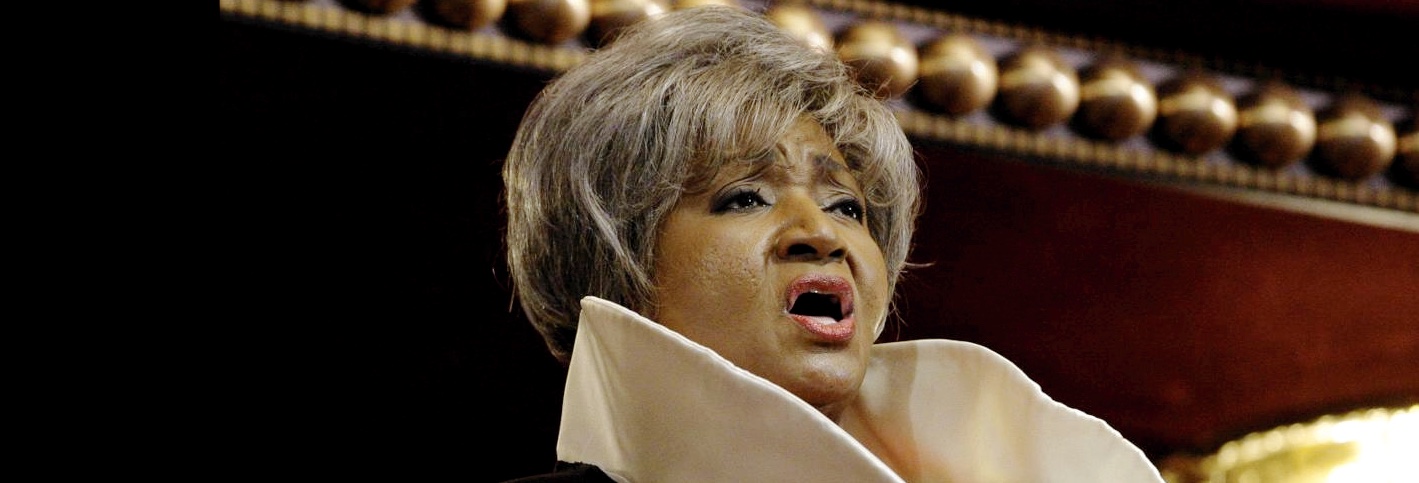
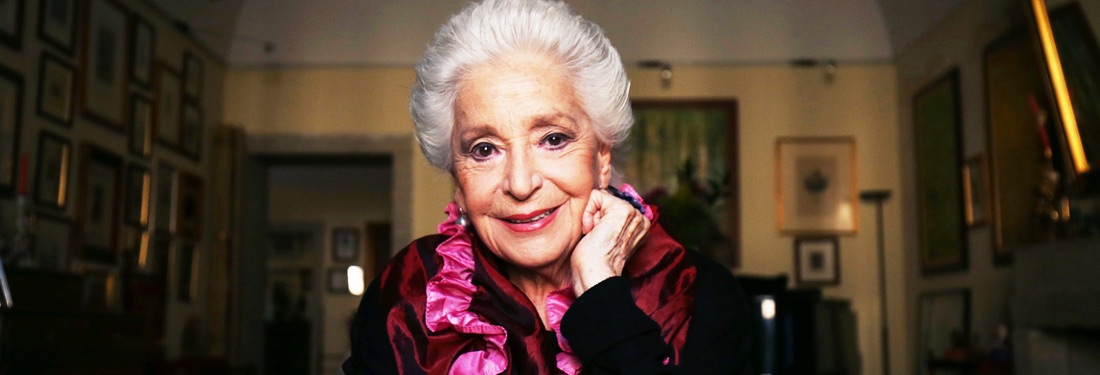
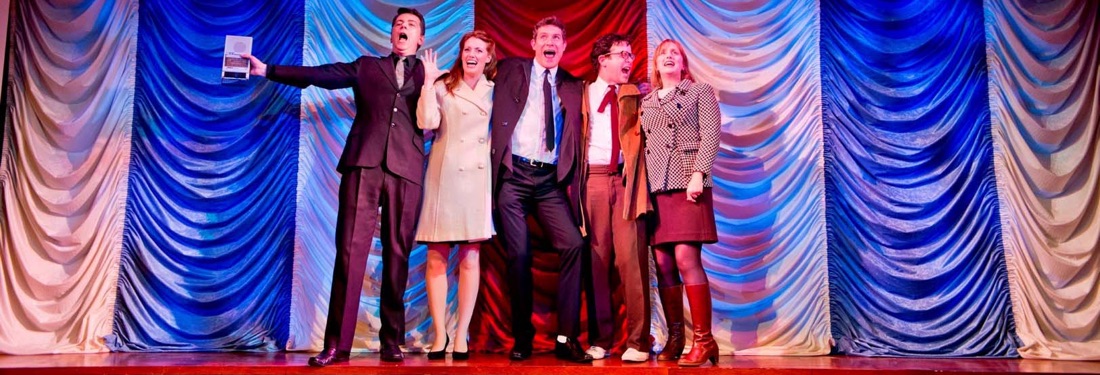
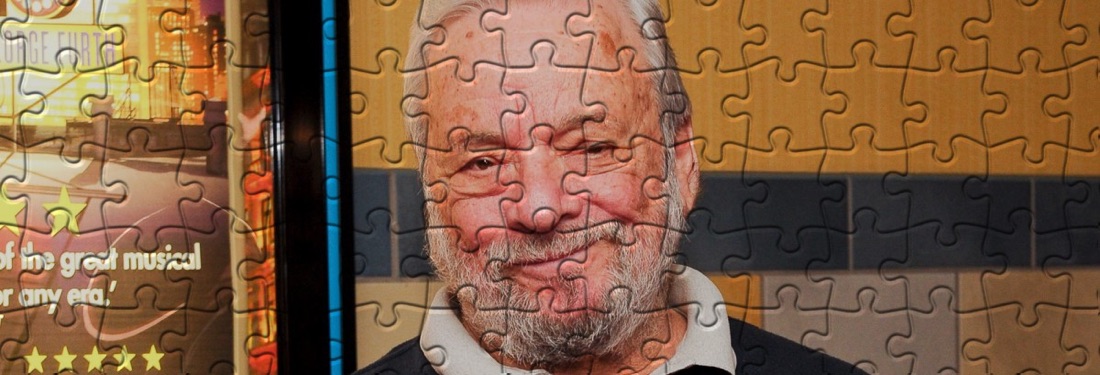
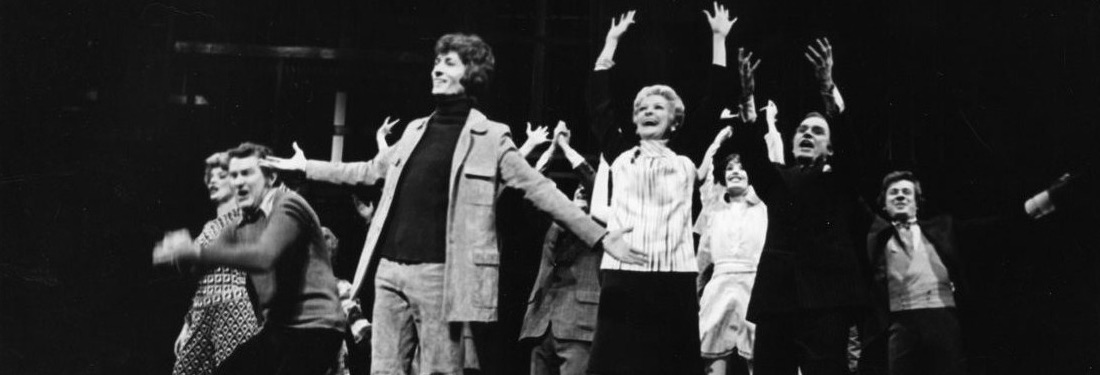
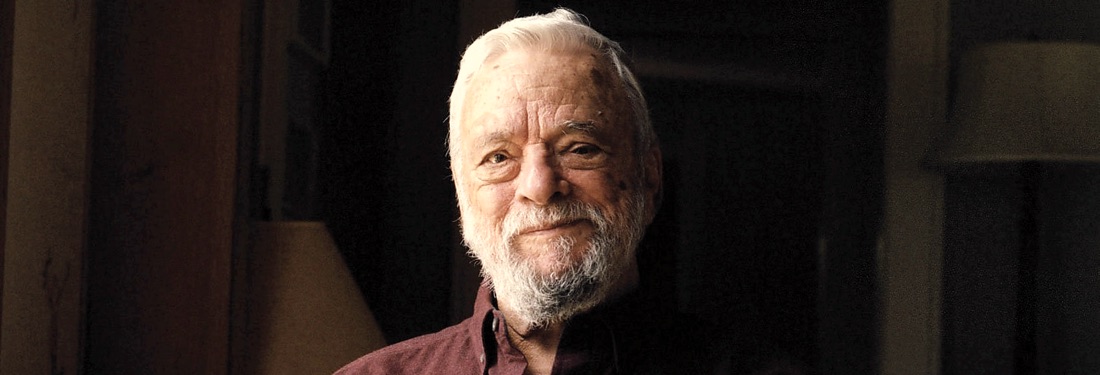
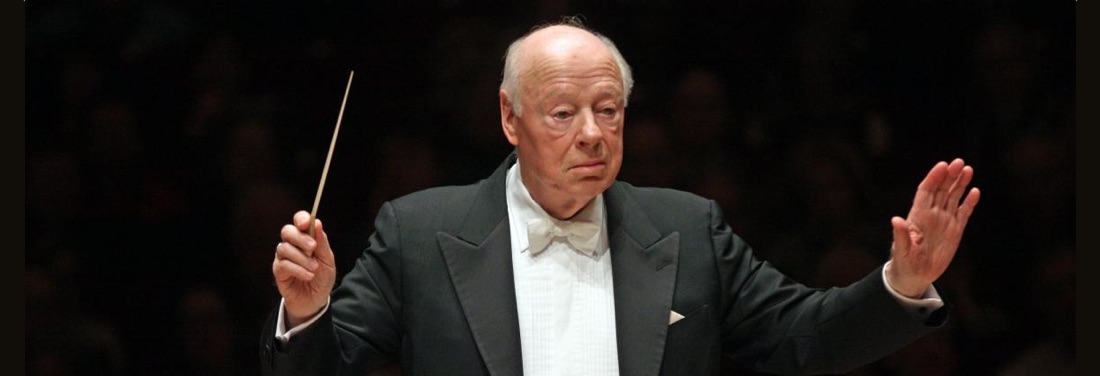

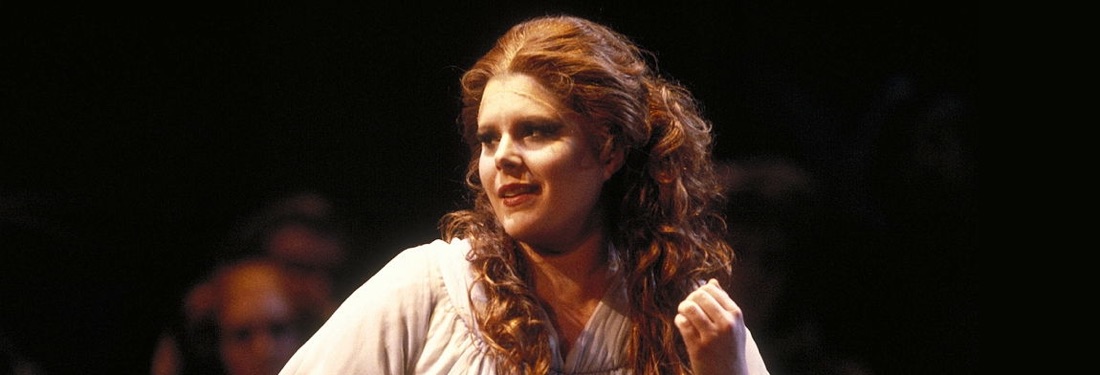

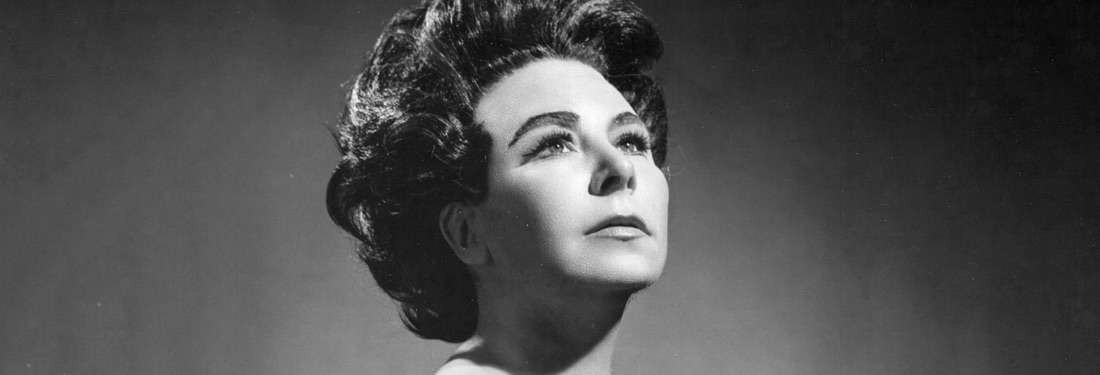

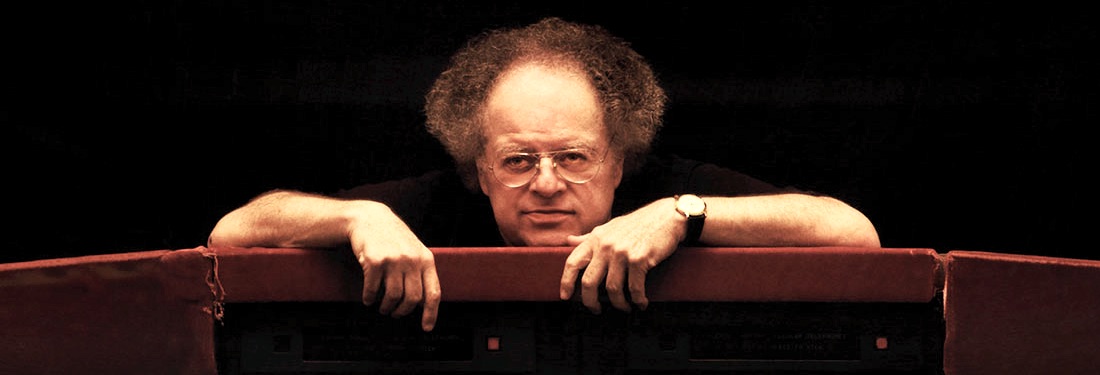






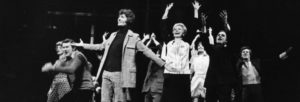





Comments